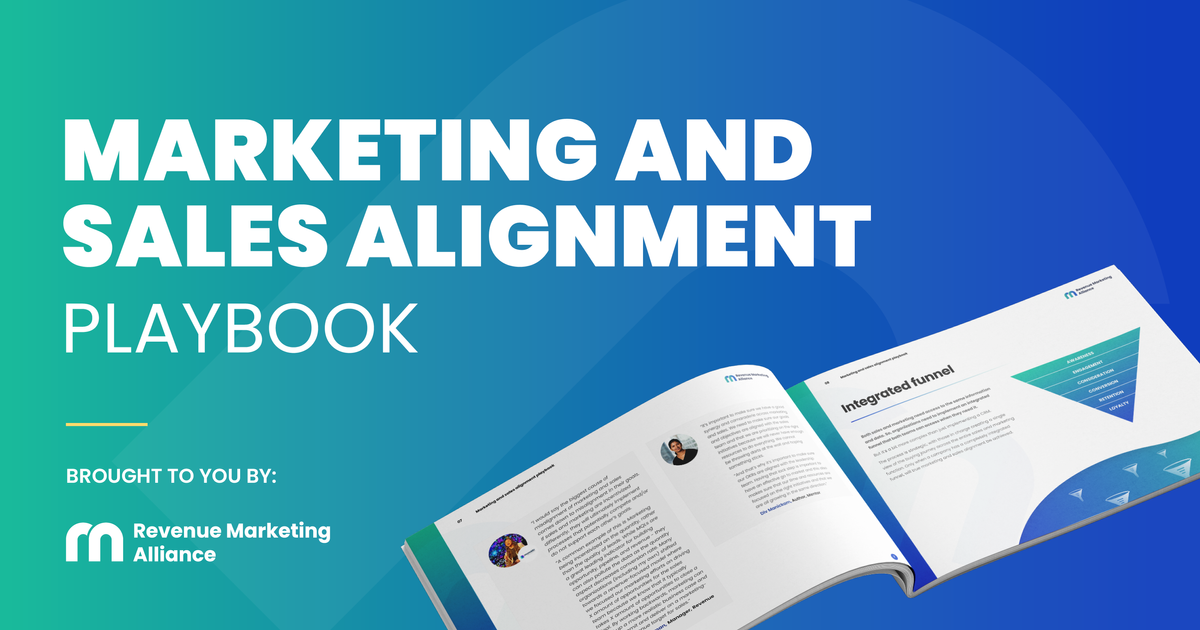You don’t want your messages to be sent to the spam folder or drive people away from your product.
Words are powerful. They can encourage, prompt, and dissuade people from making a purchase or taking an action, so it’s important you choose the right ones for your message.
We’ve already given you 75 promotional words you should be using – but what about the ones you should avoid?
Whether it’s on your email, website, social channels, or ads, stay clear of these words. 👇
Financial/discount words
Certain words are typically associated with unsolicited promotional emails and scams, and spam filters are programmed to recognize them—not to mention that people are getting tired (and wary) of seeing them everywhere, often linking them to misleading or overly aggressive marketing tactics.
Overusing these words can harm your credibility and make your brand seem untrustworthy. People prefer authentic, value-driven messaging instead of flashy promises that don’t deliver.
And, if you use these words in your emails, they’re more likely to be flagged, as they’re seen as sales-heavy:
- Free
- 100% free
- No cost
- Cash bonus
- Earn money
- Income
- Make money
- Double your income
- Prize
- Guarantee
- Best price
- Save big money
- Incredible deal
- Special promotion
- Discount
- Lowest price
- Clearance
- Winner
- No obligation
- Apply now
- Limited time offer
- Buy now
- Order now
- Free consultation
- Urgent
Sensationalized or overpromising words
These words make exaggerated claims that are often seen in spam emails, so they tend to be flagged. After all, they signal something too good to be true, promising dubious products or services.
They may also create high expectations that fall flat when a product can’t live up to them because authenticity and transparency are key, these exaggerated claims can create a negative sentiment in the minds of your customers or potentials.
Of course, sensationalized words come across as clickbait as well, which damages your long-term brand image and loyalty – even if it gives you a short-term boost to engagement.
- Miracle
- Once in a lifetime
- Risk-free
- Amazing
- Guaranteed
- Congratulations
- Fast cash
- Satisfaction guaranteed
- Unbelievable
- No strings attached
- Best deal
Vague words
These types of words are often used by spammers in an attempt to preempt skepticism. Of course, the lack of specificity doesn’t really help and tends to raise suspicion instead. These words are used to bait people but don’t provide real value, so they’re a no-go.
In addition, these words are seen as unclear and unconvincing in ads and social media. People expect concrete details about what they’re being offered and vague language falls short of that.
It can lead to lower conversion rates because consumers are less likely to take action when they don’t understand what you’re offering.
Make sure you’re clear and precise to build trust and be more efficient, avoiding words like:
- This isn’t a scam
- This isn’t junk
- Great offer
- Promise you
- As seen on
- Affordable
- High-quality
- Best
- Revolutionary
Filler words
Filler words don’t add significant meaning or value to phrases and are often used to fill space or soften a sentence. However, they can also dilute your message, mainly its clarity and impact.
Whether it’s in social media posts, emails, blogs, or ads, filler words can reduce effectiveness and make your message seem less confident.
- Sort of
- Just
- Slightly
- Actually
- Really
- Basically
- Very
- Essentially
- Kind of
Excessive call-to-action words
These call-to-action (CTA) words tend to be overused and feel too transactional and pushy. Consumers are looking for a more organic and engaging interaction with your brand instead of sales-oriented commands.
What’s more, excessive CTAs can lead to desensitization. People are used to seeing words like “buy now” and “act fast”, so they tend to lose all their meaning as consumers become immune to their effects. The result is that they’ll ignore your brand messaging.
Another thing is that these words can make people like they’re just a number in a sales funnel. If the focus is on making a sale (and that’s obvious to consumers), this can negatively impact loyalty and brand perception.
- Click here
- Sign up free
- Act immediately
- Join millions
- Buy now before it’s too late
- Claim your free offer
- Reserve your spot
- Don’t wait, buy now
- Take action today
- Start saving today
- Enter now to win
- Lock in your price today
Tech and business jargon words
These tend to be overused and vague buzzwords, which make your message feel that much more impersonal and generic.
People prefer clear, specific explanations rather than jargon that doesn’t really say anything – or, at least, doesn’t explain the value of your products.
Jargon words can feel meaningless and empty and, worst, they can make people feel excluded and disengaged. Another thing to consider is that jargon-rich language can appear too corporate, which is the opposite of what people want.
To connect with your brand, you need that authenticity.
- Synergy
- Disrupt
- Paradigm shift
- Innovative solution
- Next-gen
- Holistic approach
- Best-in-class
- Circle back
Hyperbolic words
Anything that reads as too “hype” or hyperbolic can come off as untrustworthy as well. Using exaggerated claims can damage your credibility – people are increasingly savvy about marketing tactics so they can spot exaggerations a mile away.
Relying heavily on hyperbole can make you sound like other companies, so you lose that differentiation and personalization.
And, of course, if the claims don’t match reality and don’t live up to the hype, it’ll disappoint customers, leading to negative reviews and complaints, as well as churn.
- Best ever
- Unbelievable
- Groundbreaking
- Revolutionary
- Mind-blowing
- Must-have
Cliché words
If you want your brand to avoid being seen as generic and/or uninspired, then avoid clichés as well, as they can weaken the impact of your brand and messaging.
Being original will help you stand out, rather than relying on overused phrases that may indicate a lack of creativity.
Clichés can also make your brand feel insincere and unemotional – effective messaging should engage consumers’ emotions.
Of course, clichés also signal a lack of effort, which can be interpreted as you not caring enough.
- Think outside the box
- Customer-centric
- Next-level
- Game-changer
- State-of-the-art
- Turnkey solution
- Cutting-edge
- Top-of-the-line
- Proven results
- Expertly curated
In short
It’s important to note that, while these words are best avoided when creating promotional content, it’s the over-reliance on them that causes a problem. So, use your discretion – after all, depending on what you’re looking to achieve, words like the ones above may be exactly what you need.
Use the best words to create compelling promotional content, be it blogs or ads – and make sure your marketing and sales teams are on the same page about the messaging you should be using.
With our playbook, you can go further. Get the ultimate guide to bringing both departments together, including templates and insights from expert revenue marketers.




 Follow us on LinkedIn
Follow us on LinkedIn



